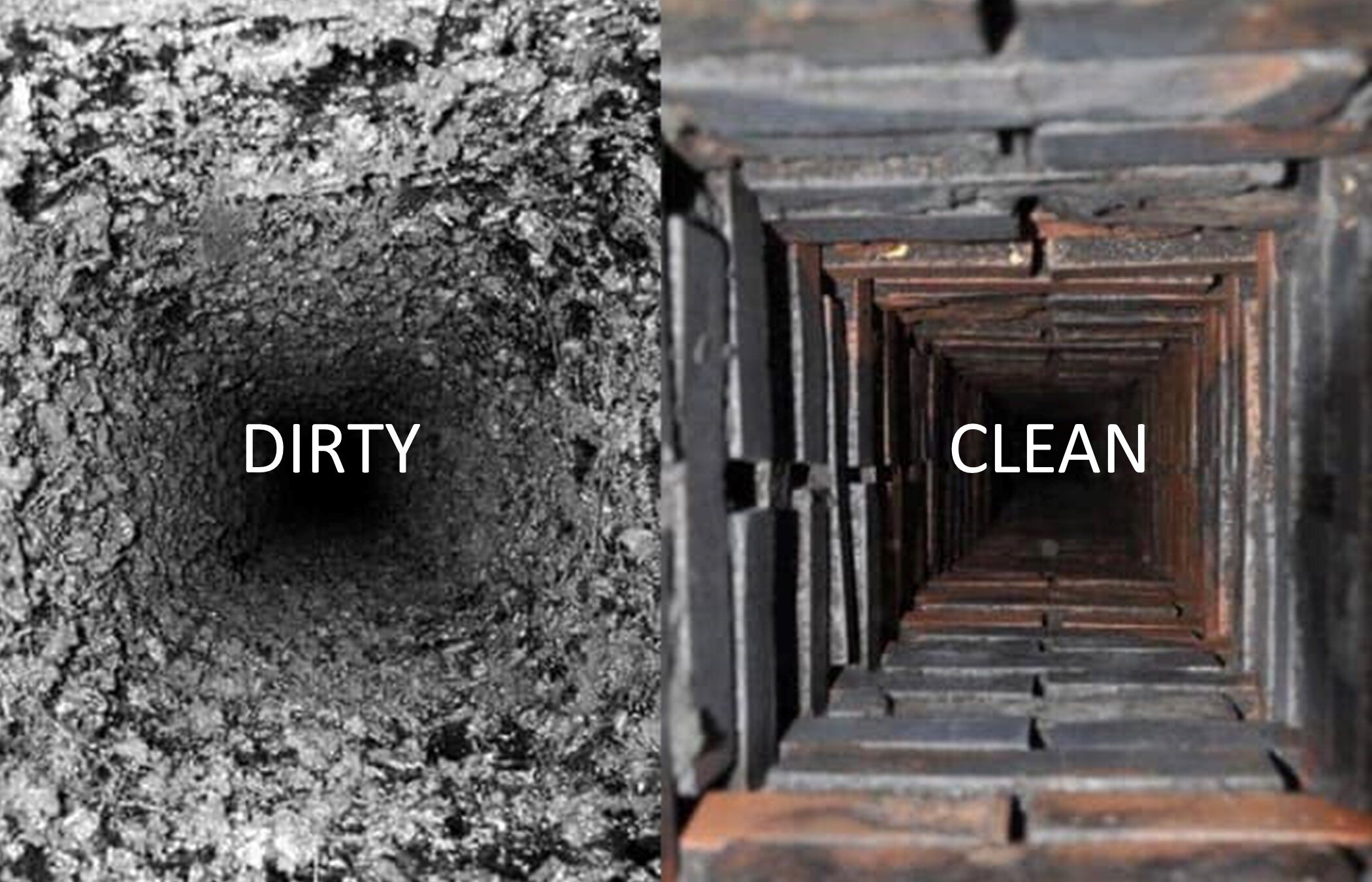Why Regular Chimney Sweep is Necessary for Your Home
Why Regular Chimney Sweep is Necessary for Your Home
Blog Article
Safeguard Your Home With Regular Chimney Cleanings by Trusted Professionals
Making certain the safety and security and effectiveness of your home's chimney system is an essential element of maintaining a safe and secure living environment. Regular smokeshaft cleansings conducted by reputable experts play a critical role in supporting this requirement. The consequences of ignoring such maintenance can be extreme, affecting not only the functionality of your smokeshaft however additionally posing prospective dangers to your household. By comprehending the indicators that suggest when a smokeshaft needs cleansing and the advantages of entrusting this task to knowledgeable professionals, you can secure your home versus unforeseen threats. Explore why investing in specialist chimney cleansings is an aggressive procedure that no home owner ought to overlook.
Significance of Smokeshaft Cleanings
Normal chimney cleanings are necessary for keeping a risk-free and efficient home furnace. Gradually, creosote, a by-product of shedding timber, develops up inside the smokeshaft. This very flammable compound can spark and cause a chimney fire if not correctly removed. Furthermore, debris such as fallen leaves, branches, or perhaps animal nests can block the smokeshaft, bring about poor air flow and possible carbon monoxide gas build-up within the home.
A clean chimney guarantees that smoke and hazardous gases are securely routed outside, avoiding them from seeping into the living room. Furthermore, normal cleanings can aid determine any type of architectural damages or concerns with the chimney that may compromise its honesty - chimney sweep. Addressing these problems immediately can protect against pricey repair work and even the need for a complete smokeshaft replacement in the future
Threats of Neglecting Chimney Maintenance
Neglecting appropriate chimney maintenance postures significant threats to both the security and effectiveness of a home heating system. Furthermore, blockages caused by debris or pet nests can block the flow of smoke and gases out of the smokeshaft, enhancing the danger of carbon monoxide poisoning within the home.
Furthermore, ignoring smokeshaft upkeep can result in architectural issues. Inefficient ventilation due to an unclean or blocked smokeshaft can additionally create bad burning, decreasing the home heating system's efficiency and possibly enhancing power prices.
Normal chimney evaluations and cleanings by trusted specialists are vital to prevent these risks and guarantee the safe and efficient procedure of your home heating system.

Indicators Your Smokeshaft Demands Cleansing
When considering the maintenance of your smokeshaft, it is critical Go Here to be mindful of the indications showing the demand for cleaning. One prominent sign that your chimney calls for cleaning is when you discover a solid, undesirable smell coming from your fireplace.
Additionally, if you observe a significant amount of smoke entering your home when utilizing the fireplace, it could be an indicator that the chimney is blocked and seeking cleaning. Additionally, if you listen to uncommon noises like chirping or flapping originating from the chimney, it might suggest the presence of animals or birds nesting inside, signaling the need for a detailed cleansing to Continued eliminate any kind of obstructions and prospective hazards. Regular examinations and cleanings by relied on professionals can help stop these concerns and make certain the safety and effectiveness of click to investigate your chimney
Benefits of Expert Chimney Cleanings
Provided the prospective risks associated with an ignored smokeshaft, seeking expert smokeshaft cleansings can offer property owners with a proactive solution to preserving a secure and efficient fireplace system. Expert smokeshaft cleansings use numerous advantages that add to the overall wellness of both the home and its owners.
To start with, specialist smokeshaft cleanings help prevent smokeshaft fires by getting rid of very combustible creosote accumulation. Creosote accumulation in the chimney postures a substantial fire danger, and routine cleanings can mitigate this threat.
In addition, expert chimney cleansings can expand the life expectancy of the chimney and fire place system by determining and attending to prospective problems early. By finding and repairing damage quickly, property owners can avoid expensive repair work or substitutes in the future. In general, investing in professional smokeshaft cleanings is an aggressive step that boosts security, efficiency, and longevity of the fire place system.
Exactly How Often to Arrange Cleanings
To maintain a safe and effective fireplace system, it is necessary for home owners to develop a routine routine for chimney cleansings. As a basic standard, the National Fire Security Association (NFPA) advises that chimneys should be examined at least once a year, with cleanings done as needed.
In enhancement to the NFPA standards, it is additionally advisable to have your smokeshaft checked and cleaned up prior to the begin of the burning period to ensure that it remains in excellent functioning problem. An expert chimney sweeper can evaluate the state of your chimney and suggest an ideal cleansing schedule based on your usage and the condition of your smokeshaft. By adhering to a routine chimney cleaning schedule, you can protect against possible dangers and keep your home risk-free and cozy throughout the chillier months.
Final Thought

Report this page